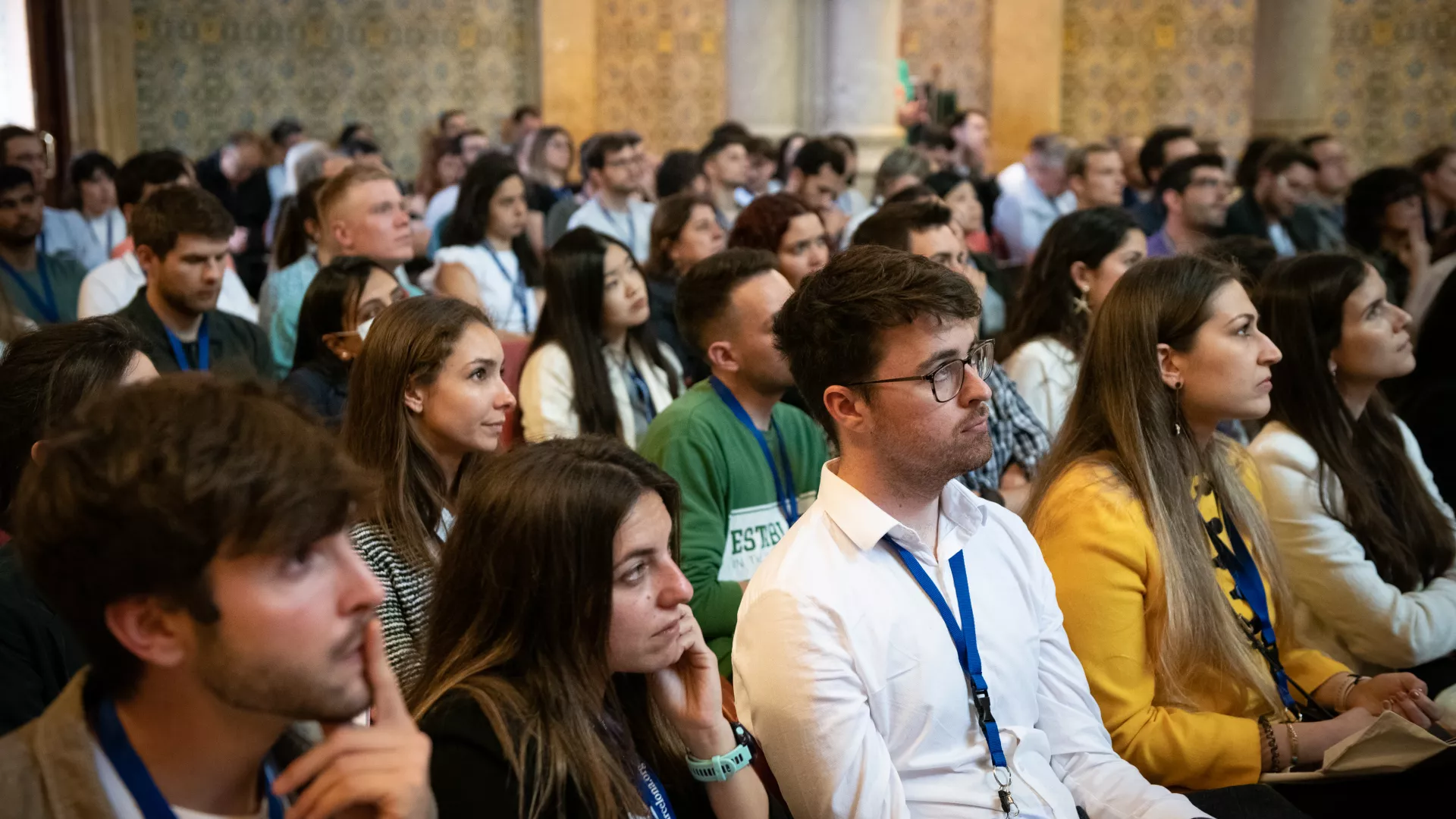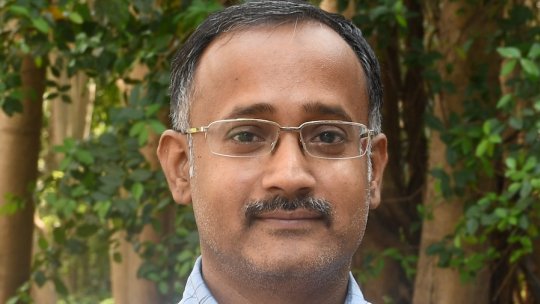Speaker: Prof. Athi N Naganathan
Dept. of Biotechnology, Indian Institute of Technology Madras, Chennai, India
Presentation
Hosts: Dr. Xavier Salvatella, Group Leader - IRB Barcelona
Node: Chemical & Structural Biology / Computational Biology
Date: Monday 13 May 2024, 09:30
Place: Serratosa Room
Environmentally regulated gene expression is critical for bacterial survival under stress conditions, including extremes in temperature, osmolarity and nutrient availability. I will talk about the thermo- and osmo-responsory behavior of the transcriptional repressor H-NS, an archetypal nucleoid-condensing sensory protein, ubiquitous in enterobacteria that infect the mammalian gut. H-NS exhibits osmolarity, temperature and concentration dependent self-association, with a highly polydisperse native ensemble dominated by monomers, dimers, tetramers and octamers. The relative population of these oligomeric states is determined by an interplay between dimerization and higher-order oligomerization, which in turn drives a competition between weak homo- versus hetero-oligomerization of protein-protein and protein-DNA complexes. A phosphomimetic mutation, Y61E, fully eliminates higher-order self-assembly and preserves only dimerization while weakening DNA binding, highlighting that oligomerization is a prerequisite for strong DNA binding. H-NS also undergoes concentration-dependent phase separation in the presence of sub-micromolar DNA and in the absence of crowding agents. Furthermore, the extent of phase separation can be tuned by the Y61E variant highlighting potential genome compaction and regulation mechanisms intrinsic to such nucleoid associated proteins. The work will highlight important organizational principles in H-NS including a multi-layered thermodynamic control, and provides a molecular framework broadly applicable to other thermo-osmo sensory proteins that employ similar mechanisms to regulate gene expression.
IMPORTANT: For attendees outside the PCB community you must register at least 24h before the seminar

